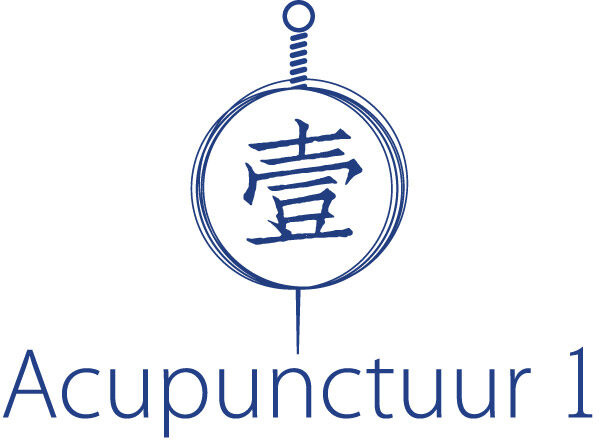
Acupuncture
Acupuncture is a form of traditional Chinese medicine in which specific parts of the body are pierced with sharp thin needles to unblock chipads called meridians. Acupuncture is a complete medical protocol aimed at correcting energy imbalances in the body. From its inception in China more than 2,500 years ago, acupuncture has traditionally been used to prevent, diagnose and treat disease, and to improve overall health.
There are many different acupuncture genre methods. Our practice mainly uses the following methods.
- The Yellow Emperor’s Inner Transmission of Acupuncture
- Scalp Acupuncture
- Ear Acupuncture
When acupuncture?
Acupuncture is a suitable therapy for many complaints. You can think of complaints such as headache, hay fever, menstrual complaints, low back pain and fatigue. However, this is only a small selection. The World Health Organization (WHO) describes more than fifty conditions that can be successfully treated with acupuncture. (Indication list)
These are also conditions in which acupuncture cannot solve the problem itself but is a great support in bearing its consequences, such as pain or other symptoms. Think of diseases such as cancer and chronic diseases. Acupuncture can also provide relief after a surgical procedure or after an injury and accident, or lead to a faster and better recovery.
In acute cases, such as myocardial infarction or appendicitis, of course you go to the doctor immediately!
A major advantage of acupuncture is that it has virtually no side effects. In addition, it has a preventive effect. Acupuncture increases the natural resistance, increases the pain threshold and stimulates the zest for life.
Does Acupuncture hurt?
You may feel a slight sting, pinch, ache, or some pain as the acupuncture needle is being inserted. Some acupuncturists manipulate the acupuncture needle after it has been placed in the body, by twirling or rotating the needle, moving it up and down, or using a machine with a small electric pulse or current. Some acupuncturists consider the resulting tingling, numbness, heavy sensation, or ache (known as “de qi”) desirable in achieving the therapeutic effect.
If you experience pain, numbness, or discomfort during the treatment, you should notify your acupuncturist immediately.
